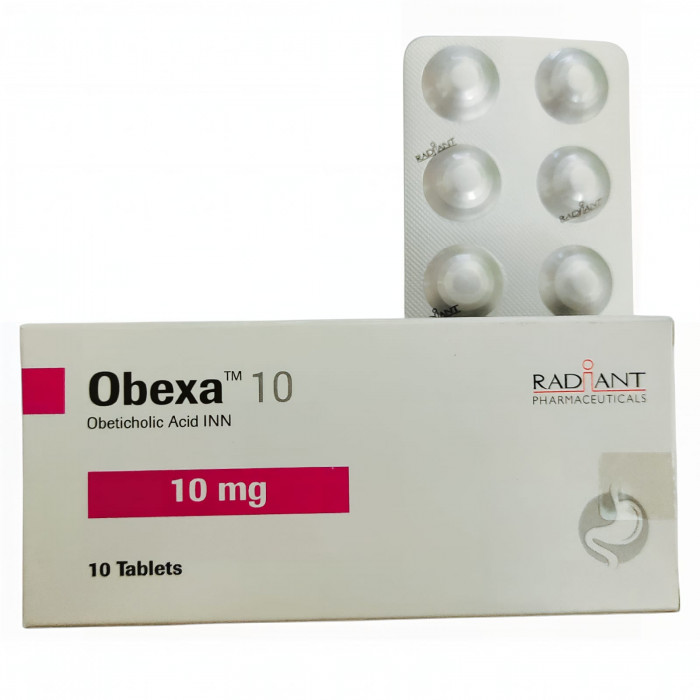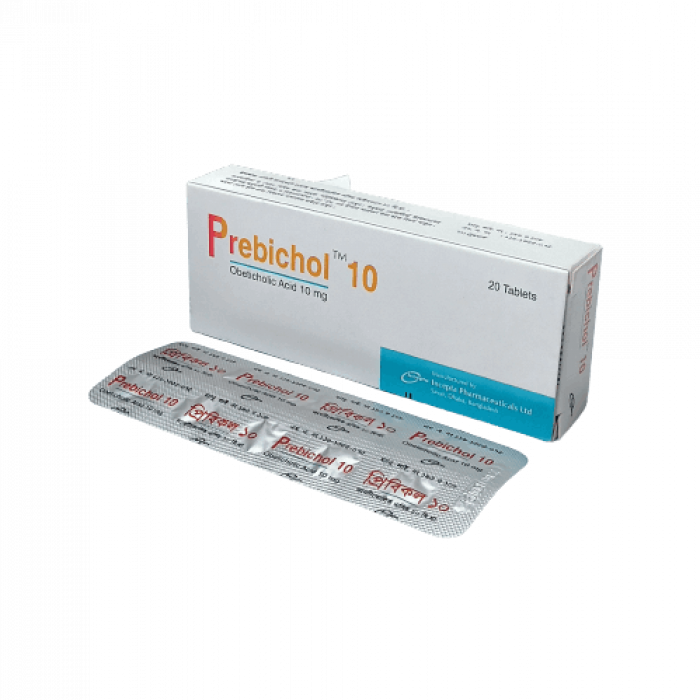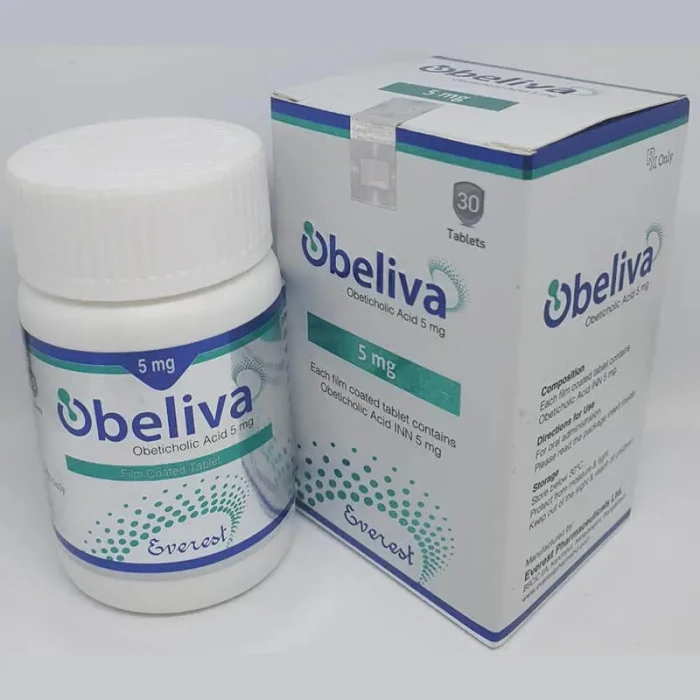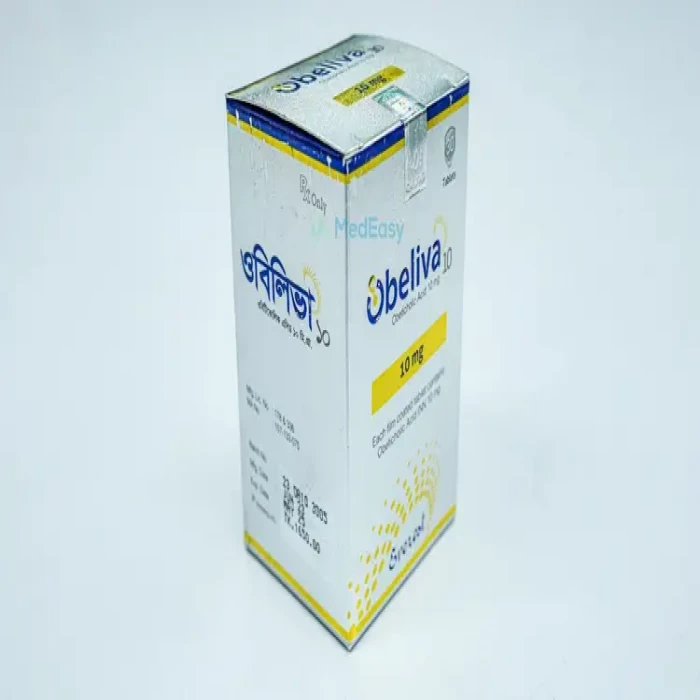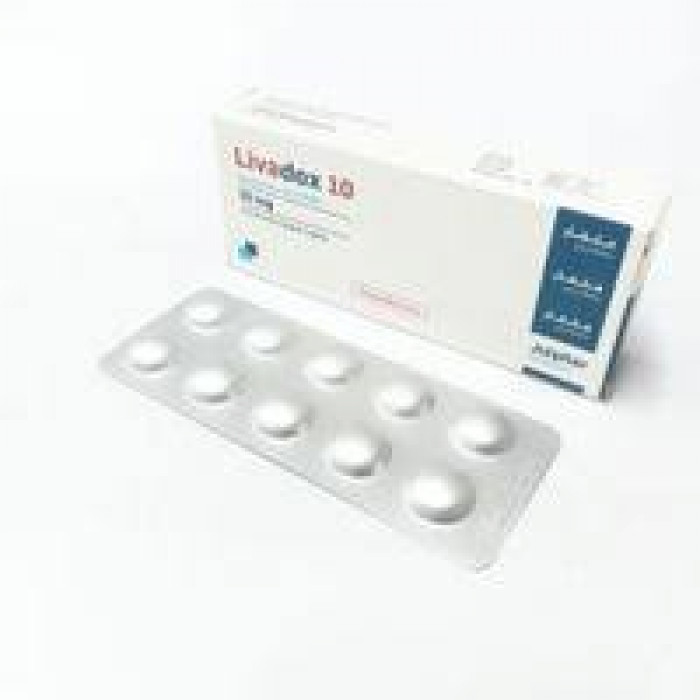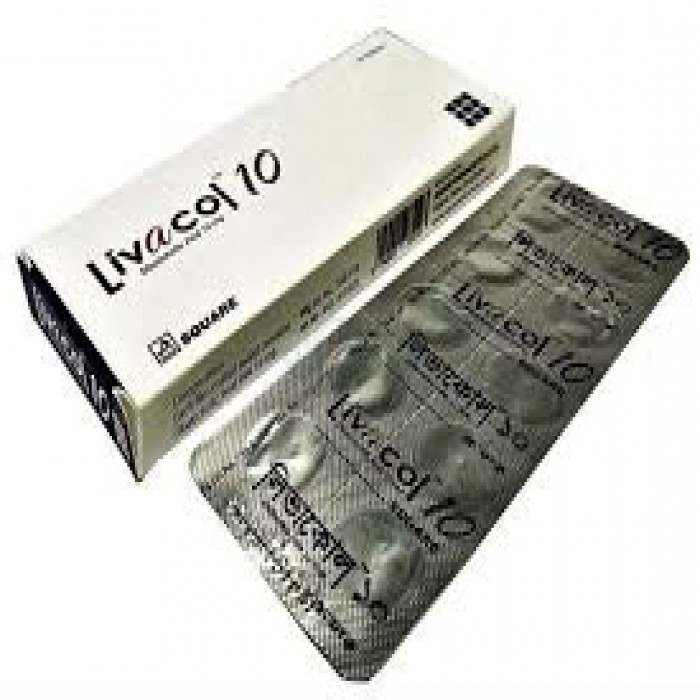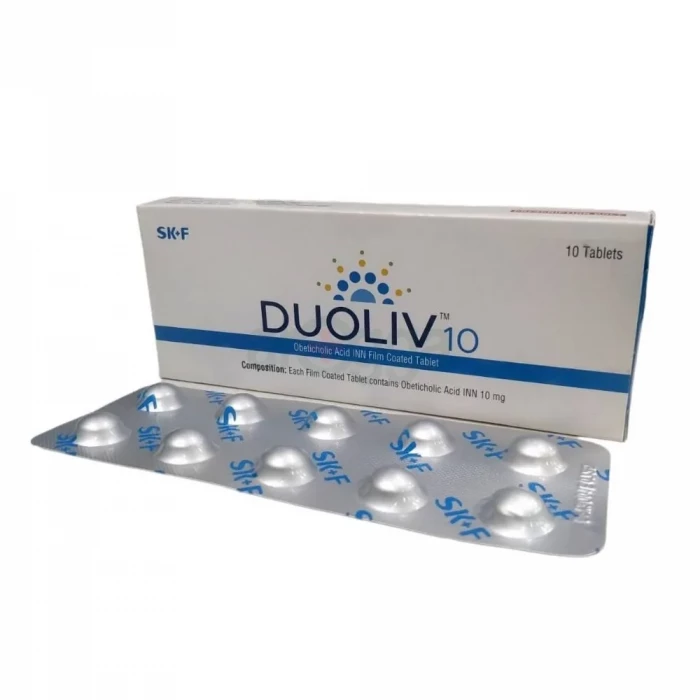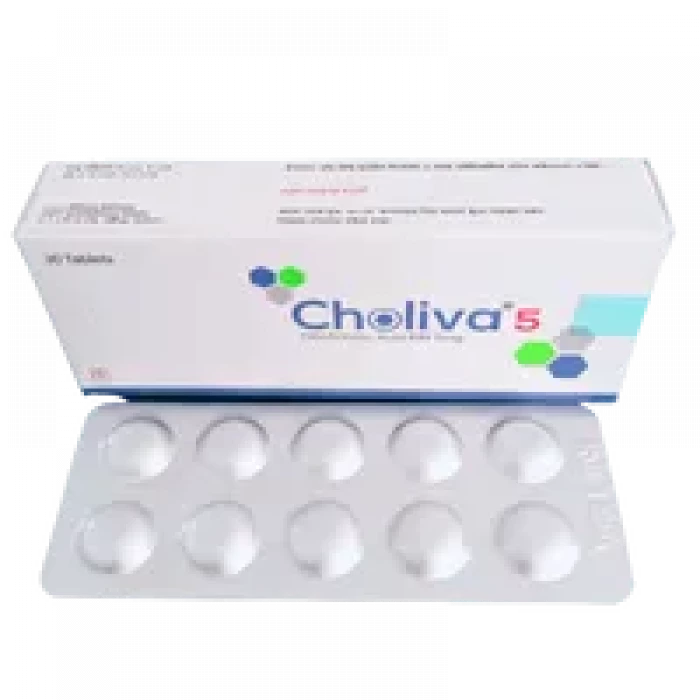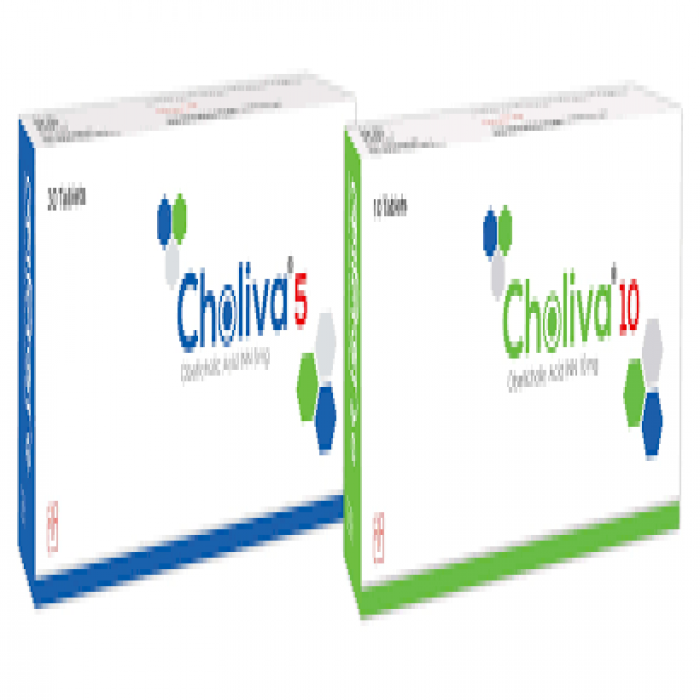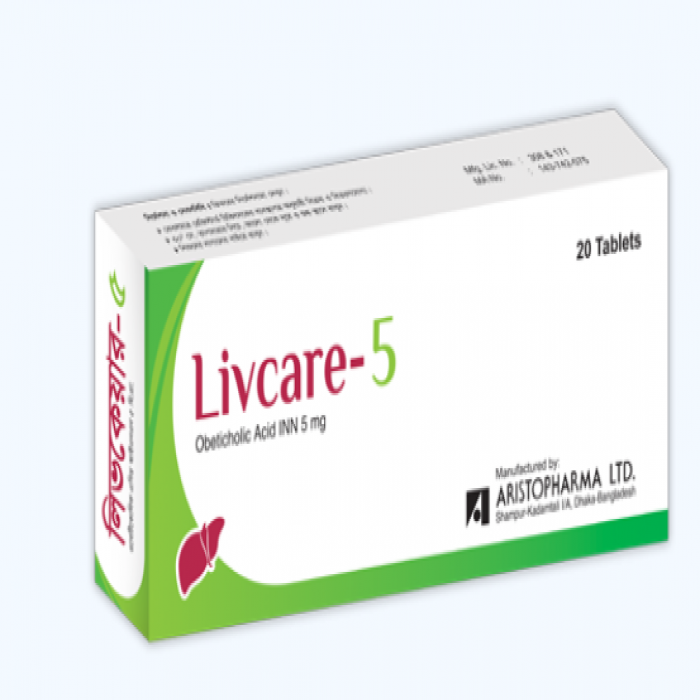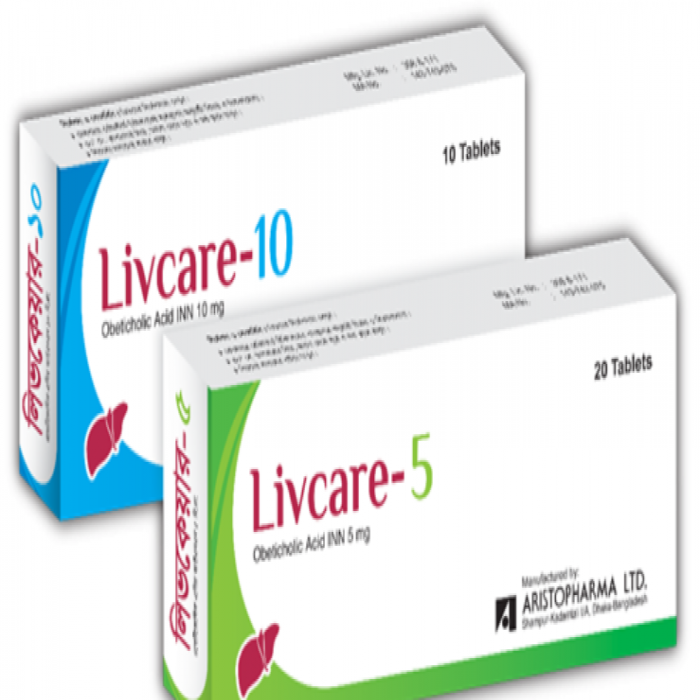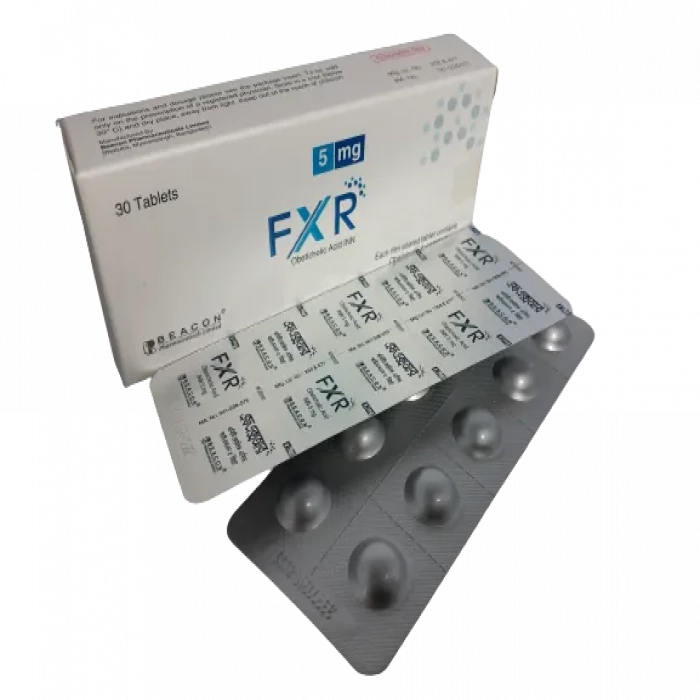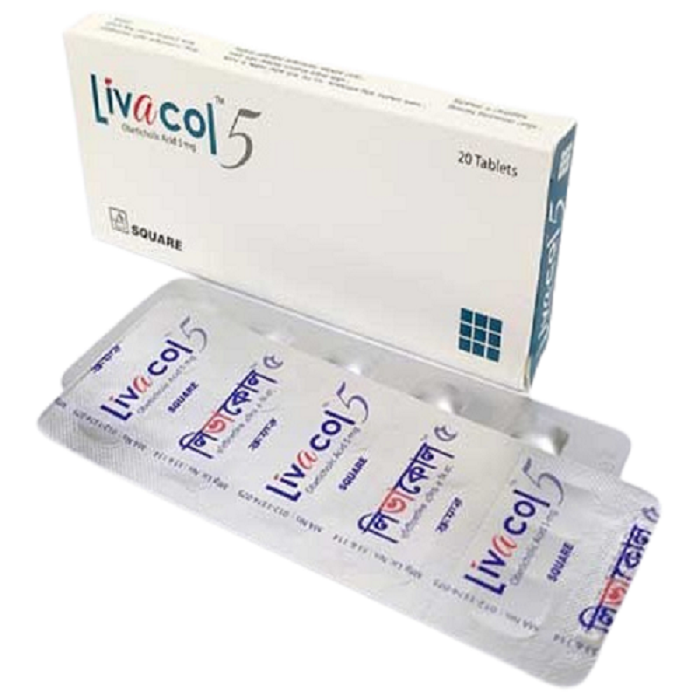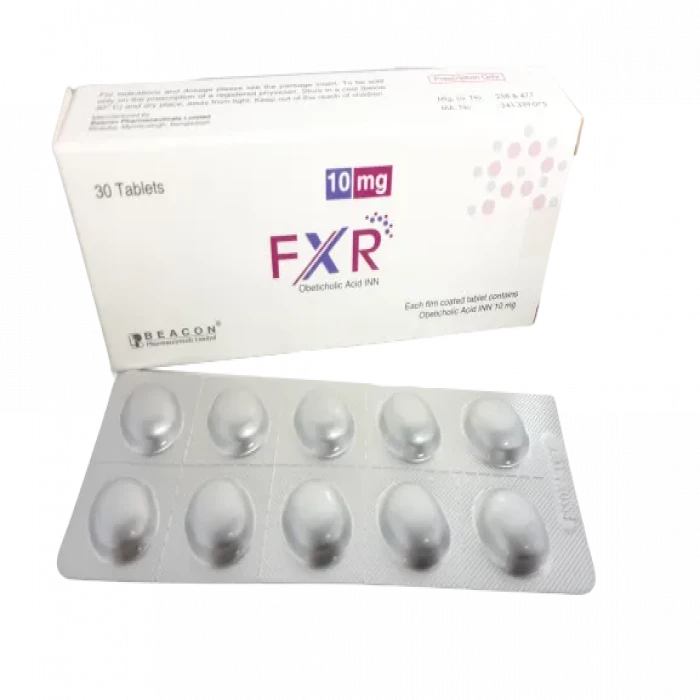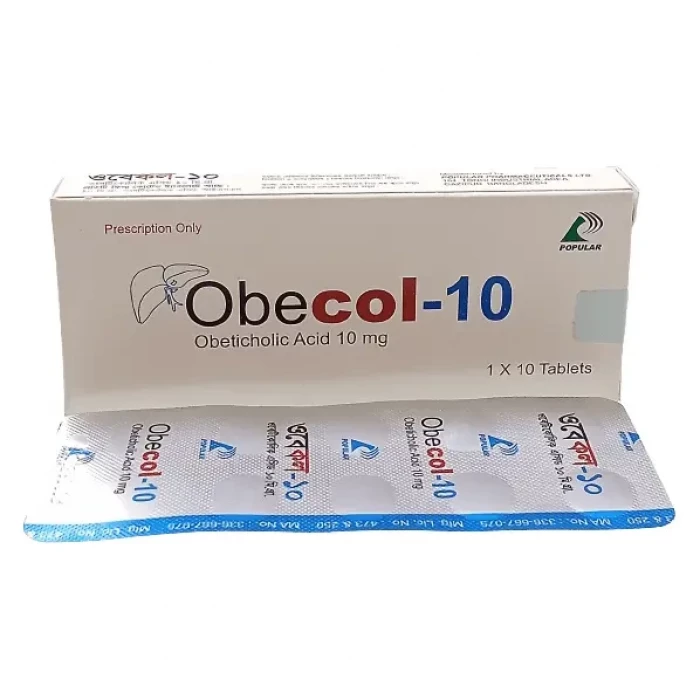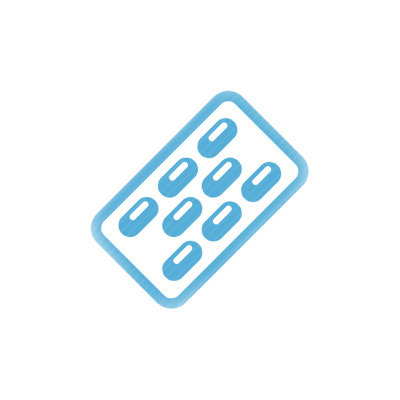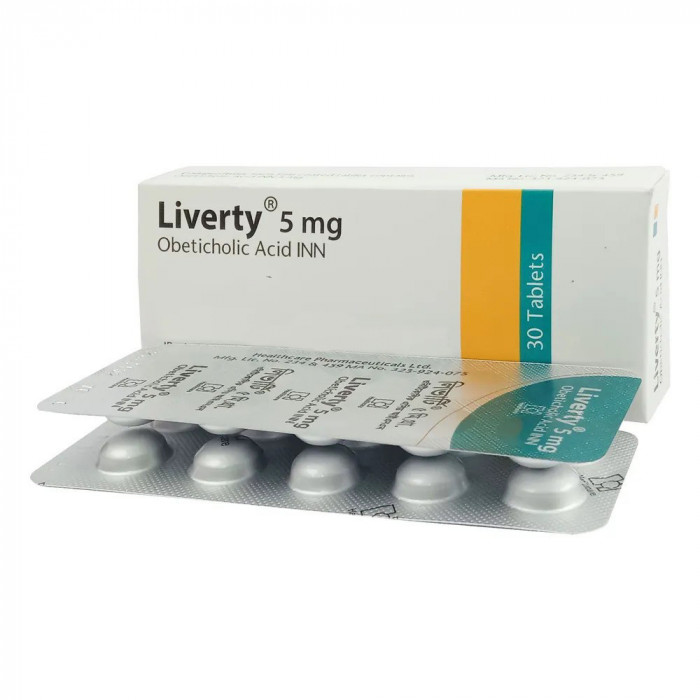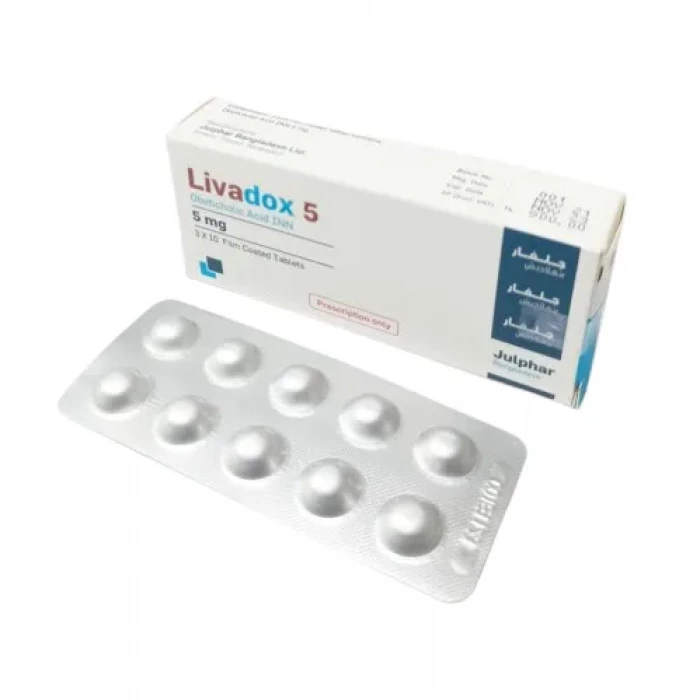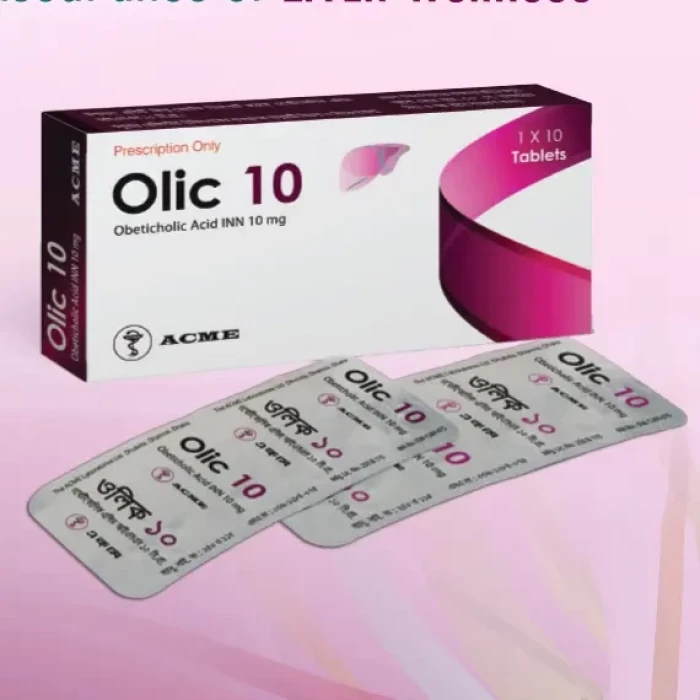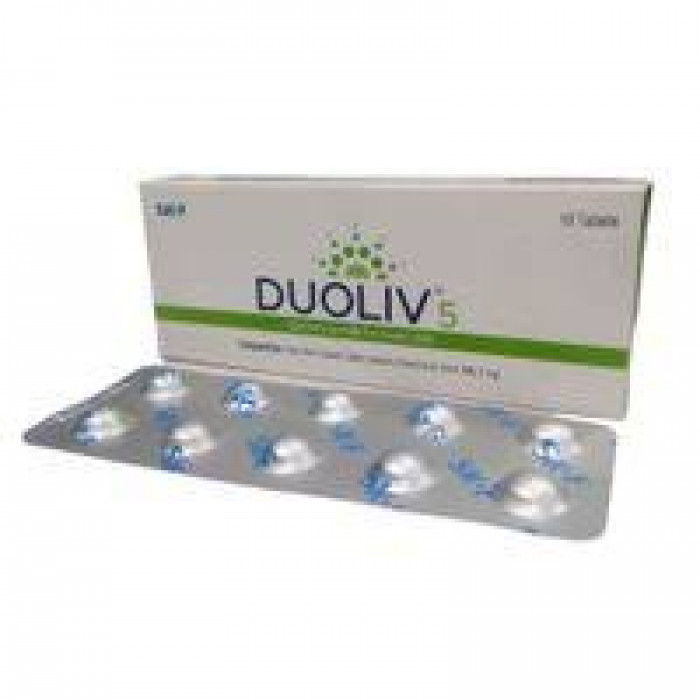
✔ 100% Authentic Product
👁️ Currently Viewing 2758
Primary biliary cholangitis (PBC), previously referred to as primary biliary cirrhosis, is a chronic liver condition characterized by the gradual destruction of the intrahepatic bile ducts in the liver.
Discount
Price: ৳ 294
MRP:
৳
300
2%
Off

100% Genuine Products, Guaranteed

Safe & Secure Payments, Always

Fast, Secure & Efficient Delivery

Proper Packaging
 Cash on Delivery - All over Bangladesh
Cash on Delivery - All over Bangladesh Regular Delivery - 12-24 Hours, Dhaka City* Charge Tk.39-59
Regular Delivery - 12-24 Hours, Dhaka City* Charge Tk.39-59 Regular Delivery - 24-48 Hours, Other Cities* Charge Tk.99-110
Regular Delivery - 24-48 Hours, Other Cities* Charge Tk.99-110
🌙 রমযান অফার 🌙
 ফ্রি ডেলিভারিঃ - ৭৯৯ টাকা+ অর্ডারে, ঢাকা
শহরে
ফ্রি ডেলিভারিঃ - ৭৯৯ টাকা+ অর্ডারে, ঢাকা
শহরে ফ্রি ডেলিভারিঃ - ২৭৯৯ টাকা+ অর্ডারে, ঢাকার
বাহিরে
ফ্রি ডেলিভারিঃ - ২৭৯৯ টাকা+ অর্ডারে, ঢাকার
বাহিরে
📲 মোবাইল অ্যাপ অর্ডারে সাশ্রয় বেশী
-
Google Play Store থেকে ডাউনলোড
-
Apple Store থেকে ডাউনলোড
100% Genuine Products, Guaranteed
Safe & Secure Payments, Always
Fast, Secure & Efficient Delivery
Proper Packaging
 Cash on Delivery - All over Bangladesh
Cash on Delivery - All over Bangladesh Regular Delivery - 12-24 Hours, Dhaka City* Charge Tk.39-59
Regular Delivery - 12-24 Hours, Dhaka City* Charge Tk.39-59 Regular Delivery - 24-48 Hours, Other Cities* Charge Tk.99-110
Regular Delivery - 24-48 Hours, Other Cities* Charge Tk.99-110 ফ্রি ডেলিভারিঃ - ৭৯৯ টাকা+ অর্ডারে, ঢাকা
শহরে
ফ্রি ডেলিভারিঃ - ৭৯৯ টাকা+ অর্ডারে, ঢাকা
শহরে ফ্রি ডেলিভারিঃ - ২৭৯৯ টাকা+ অর্ডারে, ঢাকার
বাহিরে
ফ্রি ডেলিভারিঃ - ২৭৯৯ টাকা+ অর্ডারে, ঢাকার
বাহিরে- Google Play Store থেকে ডাউনলোড
- Apple Store থেকে ডাউনলোড
🌙 রমযান অফার 🌙
📲 মোবাইল অ্যাপ অর্ডারে সাশ্রয় বেশী
✅ Description:
- Obeticholic Acid is a medication used to treat primary biliary cirrhosis, a condition that affects liver function and leads to a buildup of bile within the liver.
- This medication works by reducing bile production in the liver and facilitating the removal of bile from the liver.
- Avoid using this medication if you are allergic to it.
- You can take Obeticholic Acid with or without food as recommended by your doctor, who will determine the appropriate dosage and treatment duration based on your medical condition and response to the treatment. Do not discontinue the medication without consulting your doctor.
- If you have liver problems, use Obeticholic Acid with caution. To prevent potential drug interactions, inform your doctor about any other medications you are taking before starting Obeticholic Acid.
Safety Advices

Alcohol
UNSAFE
Interaction with alcohol is unknown.

Pregnancy
UNSAFE
Duoliv 5mg Tablet is not recommended for use in pregnant women. Consult your doctor before taking Duoliv 5mg Tablet.

Breastfeeding
CONSULT YOUR DOCTOR
It is not known whether Duoliv 5mg Tablet passes through breast milk. Consult your doctor before taking Duoliv 5mg Tablet.

Driving
CAUTION
Duoliv 5mg Tablet has no or negligible influence on your ability to drive or use machines.

Kidney
CONSULT YOUR DOCTOR
Please consult your doctor if you have kidney impairment or any concerns regarding this.

Liver
CONSULT YOUR DOCTOR
Duoliv 5mg Tablet is not recommended for use in patients with complete blockage of the biliary tract (liver, gall bladder, and bile ducts). Consult your doctor before taking Duoliv 5mg Tablet
✔️ Uses
- Treats primary biliary cholangitis in adults
✔️ How does Duoliv 5mg Tablet work?
Obiholic Tablet works by attaching to certain proteins in the liver and gut that control the production of a substance called bile. This reduces the production of bile in the liver and prevents it from building up and damaging the liver tissue.
✔️ Side Effects of Duoliv 5mg Tablet
- Stomach pain
- Constipation
- Dizziness
- Tiredness
- Fast or irregular heartbeat
- Dry skin
- Swelling of hands and feet
- Fever
✔️ Quick Suggestions:
- The onset of action and duration of effect of Obeticholic Acid is not known.
- Obeticholic Acid's interaction with alcohol is unknown, so it is advisable to consult your doctor before consuming alcohol while taking this medication.
- Obeticholic Acid is not habit-forming.
- You can take Obeticholic Acid with or without food, but be sure to follow the recommended dose. Do not stop taking the medication without first discussing it with your doctor.
- Your doctor may recommend periodic tests to monitor your liver function and bilirubin levels while you are on this medication.
- Maintaining a healthy, balanced diet that is low in fat and regular exercise can help prevent gallstone formation.
✔️ Indication
Obeticholic acid is a medication used either on its own or in combination with ursodiol (Actigall, Urso) to treat primary biliary cholangitis (PBC). PBC is a type of liver disease that results in the destruction of bile ducts in the liver, leading to the accumulation of bile within the liver and causing damage. Obeticholic acid belongs to a class of drugs known as farnesoid X receptor agonists. It operates by reducing the production of bile in the liver and enhancing the removal of bile from the liver, which helps in managing PBC. This medication is typically prescribed for individuals who cannot take ursodiol or those who did not respond successfully to treatment with ursodiol alone.
✔️ Pharmacology
Obeticholic acid activates a nuclear receptor called FXR, which is found in the liver and gut. This activation of Obeticholic acid plays a crucial role in regulating various pathways, including those related to bile acids, inflammation, fibrosis, and metabolism. Obeticholic acid helps decrease the concentration of bile acids within liver cells by reducing the production of new cholesterol and increasing the transport of bile acids out of these cells. This strategy effectively limits the exposure of liver cells to bile acids, reducing the overall pool of circulating bile acids and promoting their removal from the liver.
✔️ Dosage & Administration of Duoliv 5mg Tablet
The recommended starting dosage of Obeticholic Acid is 5 mg orally once daily for adult patients who have not achieved an adequate biochemical response to an appropriate dose of Ursodeoxycholic Acid (UDCA) for at least 1 year or are intolerant to UDCA.
If, after 3 months of taking Obeticholic Acid at a 5 mg once daily dose, the patient has not achieved an adequate reduction in alkaline phosphatase (ALP) and/or total bilirubin levels, and they are tolerating Obeticholic Acid, the dosage may be increased to 10 mg once daily.
The maximum recommended dosage of Obeticholic Acid is 10 mg once daily.
For patients who experience intolerable pruritus (itching) while taking Obeticholic Acid, the following options can be considered:
- Adding an antihistamine or bile acid binding resin.
- Reducing the dosage of Obeticholic Acid to either 5 mg every other day for patients intolerant to 5 mg once daily or 5 mg once daily for patients intolerant to 10 mg once daily.
- Temporarily interrupting Obeticholic Acid dosing for up to 2 weeks, followed by restarting at a reduced dosage.
✔️ Interaction
Obiholic Tablets may interact with other medicines, potentially affecting their effectiveness or the effectiveness of other medications taken concurrently. It is crucial to inform your doctor about all the medicines, supplements, or herbal products you are currently taking or plan to take to avoid potential interactions.
Notably, the concurrent use of Obiholic Tablet with bile acid binding resins (such as cholestyramine, colestipol, and colesevelam) may reduce the efficacy of Obiholic Tablet.
Moreover, if you are taking medications for conditions such as asthma or chronic obstructive pulmonary disorder (theophylline), muscle cramps (tizanidine), or blood clots (warfarin), particular care should be exercised, as interactions may occur. It's essential to consult your healthcare provider to ensure the safe and effective use of these medications together.
✔️ Contraindications
Patients with known hypersensitivity to the medicine or any of its components, as well as those with total biliary obstruction, should not use it.
✔️ Pregnancy & Lactation
The available data on the use of Obeticholic Acid during pregnancy is limited, and therefore, there is not enough information to determine whether there are specific risks associated with this drug during pregnancy. Additionally, there is no available information regarding the presence of Obeticholic Acid in human milk, its effects on breastfed infants, or its impact on milk production. If you are pregnant or breastfeeding and your doctor is considering prescribing Obeticholic Acid, it is essential to have a thorough discussion about the potential risks and benefits of using the medication in your specific situation.
✔️ Precautions & Warnings
Before taking Duoliv 5mg Tablet,
- tell your doctor and pharmacist if you are allergic to obeticholic acid, any other medications, or any of the ingredients in obeticholic acid tablets. Ask your pharmacist for a list of the ingredients.
- tell your doctor and pharmacist what other prescription and nonprescription medications, vitamins, nutritional supplements, and herbal products you are taking or plan to take. Be sure to mention any of the following: caffeine (found in certain medications to treat drowsiness and headaches), cyclosporine (Gengraf, Neoral, Sandimmune), theophylline (Elixophyllin, Theo-24, Theochron), rosuvastatin (Crestor, in Ezallor Sprinkle, in Roszet), tizanidine (Zanaflex), or warfarin (Jantoven). Your doctor may need to change the doses of your medications or monitor you carefully for side effects. Many other medications may also interact with Duoliv 5mg Tablet, so be sure to tell your doctor about all the medications you are taking, even those that do not appear on this list.
- if you are taking cholestyramine (Prevalite), colestipol (Colestid), or colesevelam (Welchol), take them at least 4 hours before or 4 hours after obeticholic acid.
- tell your doctor if you have bile duct obstruction (blockage in the tubes that carry bile from the liver to the gallbladder and small intestine). Your doctor may tell you not to take obeticholic acid.
- tell your doctor if you have ever drunk large amounts of alcohol, or if you have or have ever had high cholesterol or thyroid disease.
- tell your doctor if you are pregnant, plan to become pregnant, or are breastfeeding. If you become pregnant while taking obeticholic acid, call your doctor.
✔️ Storage Conditions
Store it at room temperature and away from excess heat and moisture
⚠️Disclaimer:
At ePharma, we’re committed to providing accurate and accessible health information. However, all content is intended for informational purposes only and should not replace medical advice from a qualified physician. Please consult your healthcare provider for personalized guidance. We aim to support, not substitute, the doctor-patient relationship.




